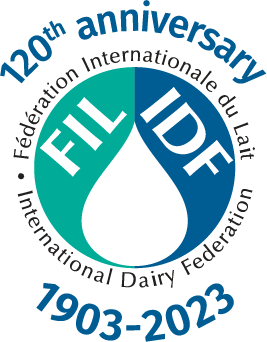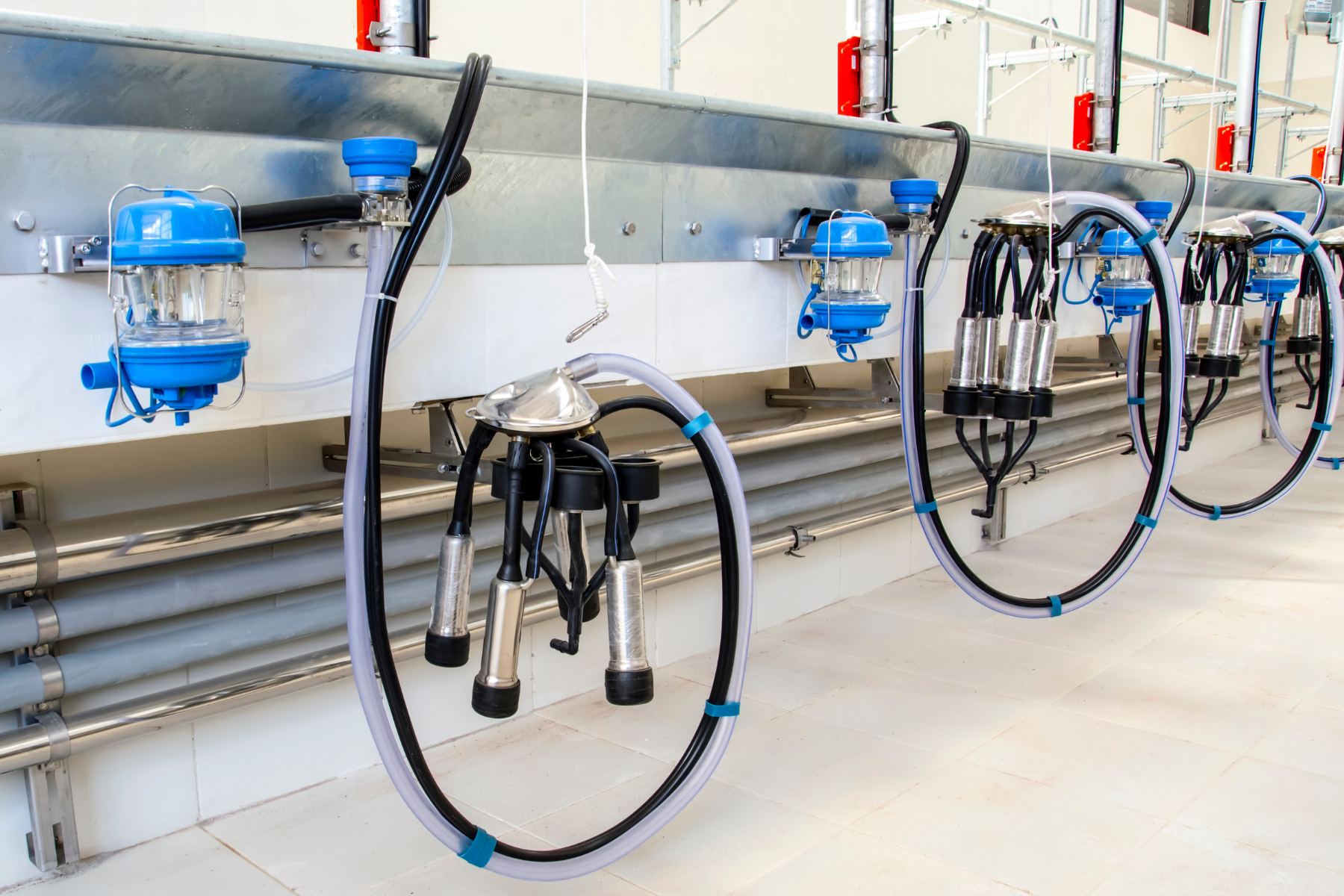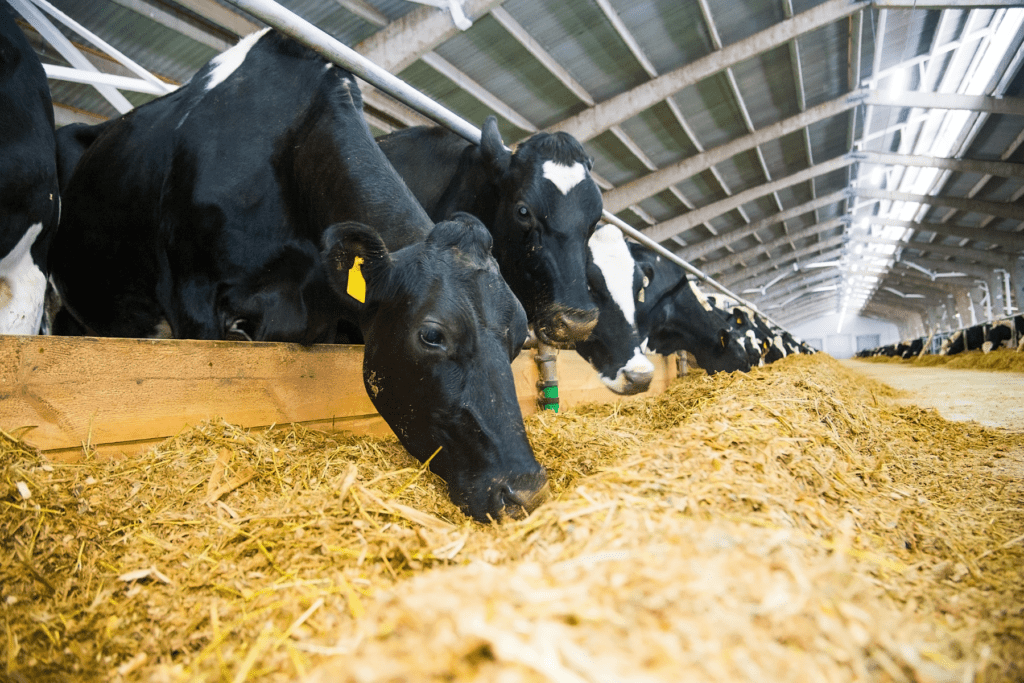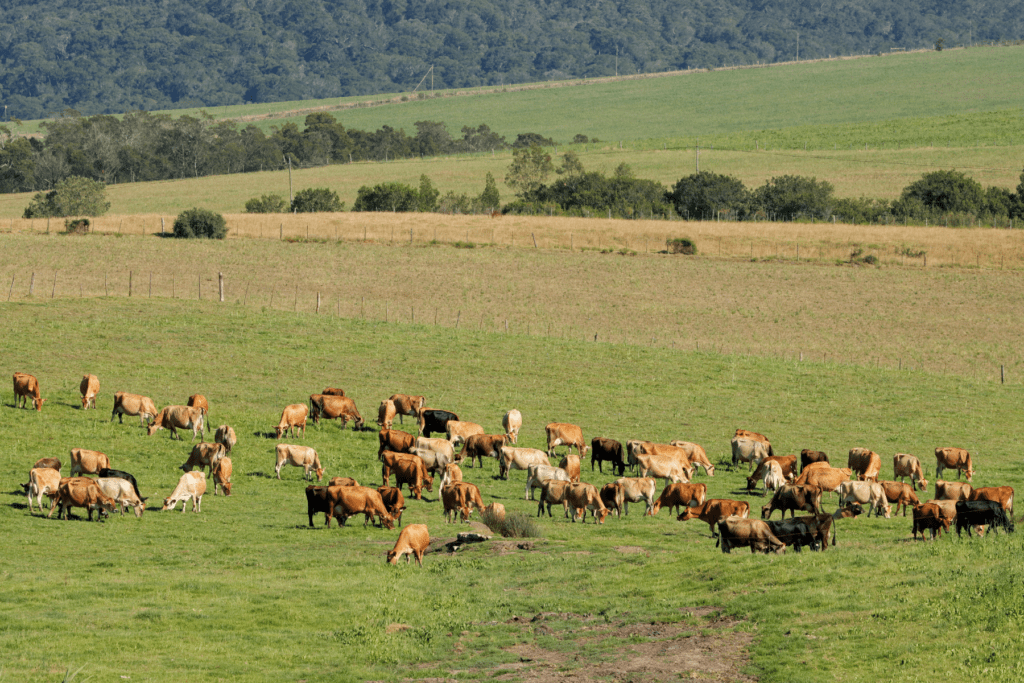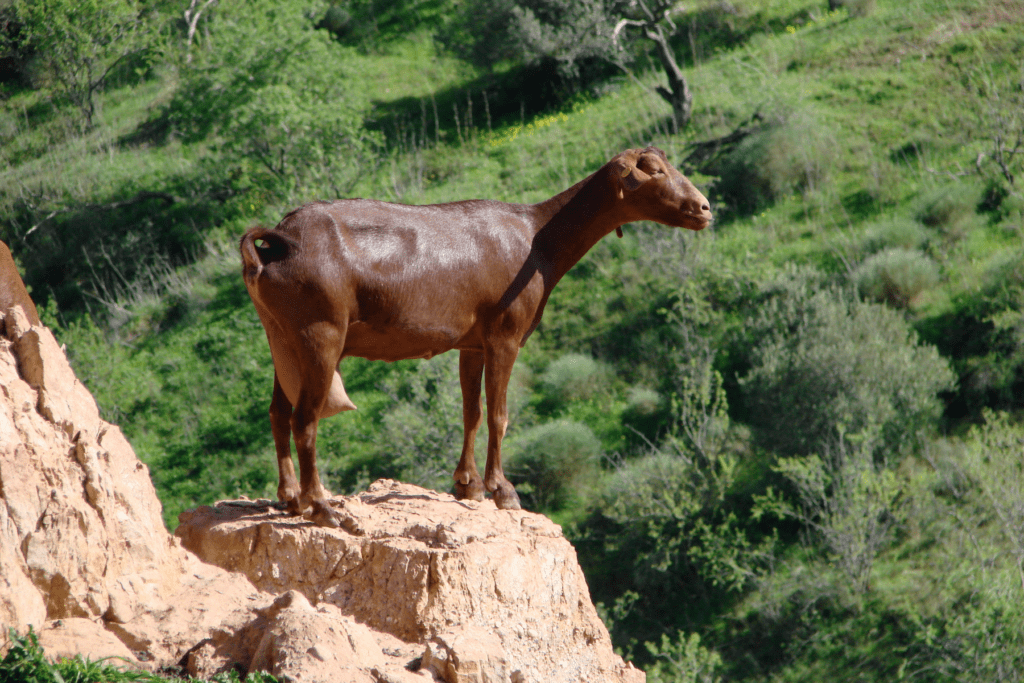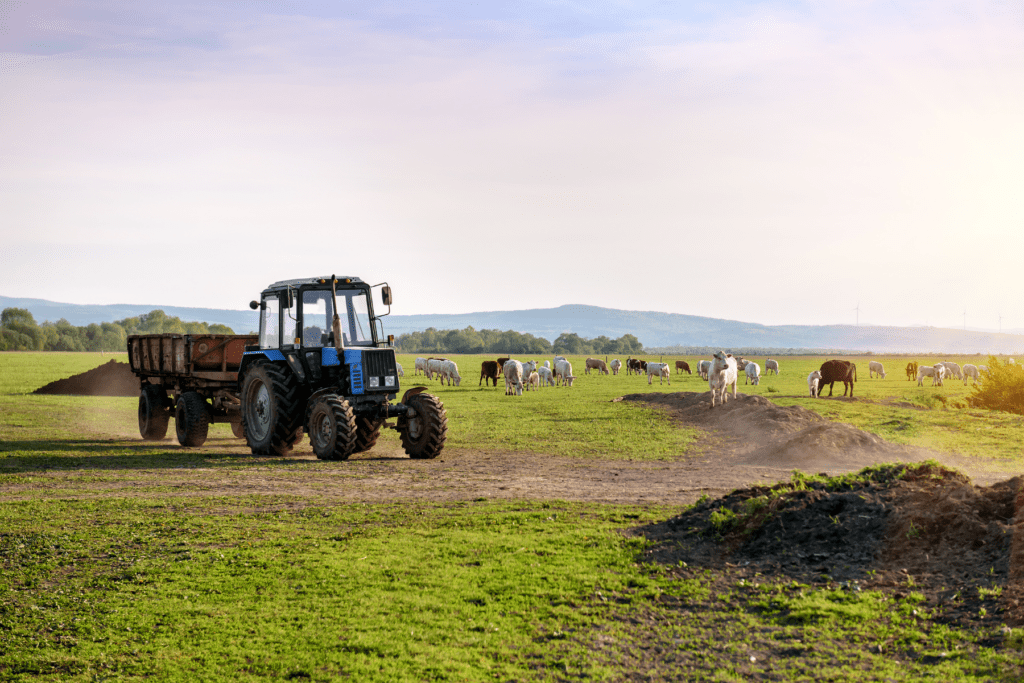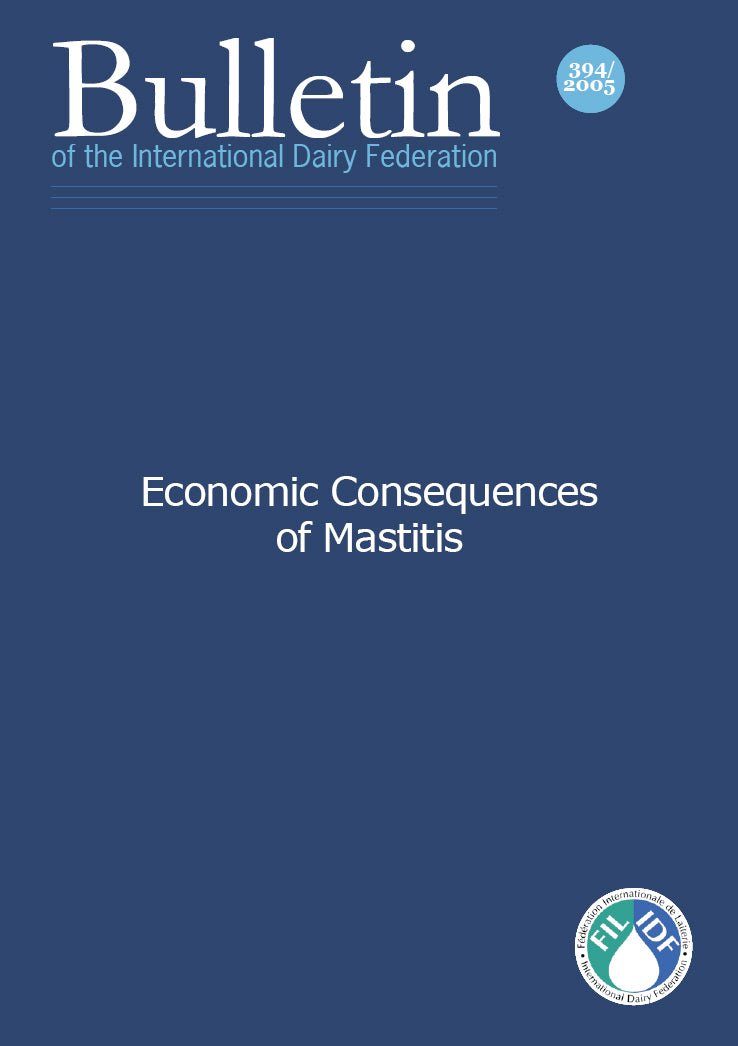This DISARM event on 14 October, supported by the International Dairy Federation seeks to explore this issue, with potential impacts for the dairy sector. Healthy and productive dairy animals are vital to the provision of a safe, sufficient, and nutritious food supply at a time of a rapidly increasing global population.
Mastitis is the main reason for the consumption of antibiotics in milk production and ineffective mastitis management has been responsible for up to 85% of the antimicrobials used in the dairy sector, according to the latest Animal Health Report produced by the IDF.
Sensor systems as the future of mastitis management?
While animal health scientists are making significant progress on mastitis management, with a significant reduction in the rate of clinical mastitis during the last decade, antimicrobial resistance (AMR) remains a global concern. New AMR mechanisms are emerging and spreading globally, threatening the ability to treat common infectious diseases.
The misuse and overuse of antimicrobials are accelerating this process. Sensor systems currently are used to identify cows with signs of clinical mastitis. However, sensor systems have much more potential to support the farmers’ operational management of udder health. Cows that do not need immediate attention have a risk of progressing into severe clinical mastitis. However, they should get the chance to cure spontaneously under close monitoring. Intervention is needed for cows at risk of developing chronic mastitis, leading to production losses and increased risk of pathogen transmission. Sensor alerts can be the answer to identifying this window of opportunity.
María Sánchez Mainar, DMV, PhD, IDF Science and Standards Programme Manager commented: “Mastitis has major implications for both animal welfare and productivity in cattle farming. This event is an important step in us becoming even better at promoting udder health and minimising antibiotic use on the farm.” Participants at the DISARM-IDF webinar will learn how monitoring udder health at the farm level can be done by combining sensor readings from all cows in the herd.
The webinar will also include information on novel herd level key performance indicators, and how they can be developed to monitor udder health daily, and how disturbances at the group or herd level can be detected more quickly by utilizing sensor-based key performance indicators. Participants will also receive information on sensor sensitivity levels, and how sensor-based key performance indicators may be used to evaluate the effectiveness of dry cow and lactational therapy.
Promoting the responsible use of antibiotics in livestock farming
IDF joined the DISARM project in 2019, to help promote the responsible use of antibiotics in livestock farming by actively identifying, sharing, and disseminating best practices. IDF advocates prudent and responsible use of antimicrobial agents within the global dairy sector to ensure that they continue to be effective in curing diseases in animals while minimizing the risk of developing AMR. This is an important measure to prevent or reduce the transfer of resistant micro-organisms within animal populations, the environment and between animals and humans.
“Our policy is to promote healthy dairy herds which can produce a safe and nutritious supply of milk for public consumption,” said Caroline Emond, IDF Director-General. “We strongly encourage the sector’s further involvement in the DISARM project, particularly farmers and veterinarians who are interested in improving animal health and reducing antibiotic usage on-farm.”
Other opportunities to participate in the project include volunteering as a case study farm, using the multi-actor farm health team approach, producing videos that show good practices that have improved animal health and reduced antibiotic requirements on-farm, or hosting an event or workshop. These are also a range of opportunities for livestock supply companies to showcase their innovations, research and development or demo farms.
To find out more about DISARM or how to get involved, visit the DISARM website or contact by email.
Full event details
DISARM-IDF webinar: How can the management of clinical and subclinical mastitis be supported by sensor systems?
Date: Wednesday 14th October 2020
Time: 14:00 to 15:30 (CET)
About DISARM
DISARM (Disseminating Innovative Solutions for Antibiotic Resistance Management) is a collaboration between farmers, veterinarians, advisory services, academics, and industry. It aims to promote prudent use of antibiotics in livestock production, to alleviate the threat of antibiotic resistance. Launched in January 2019, the project will continue through December 2021 disseminating effective practices and approaches to promote animal health and reduce the need for antibiotic treatments on farms. DISARM has received funding from the European Union’s Horizon 2020 research and innovation programme under Grant Agreement No 817591.
